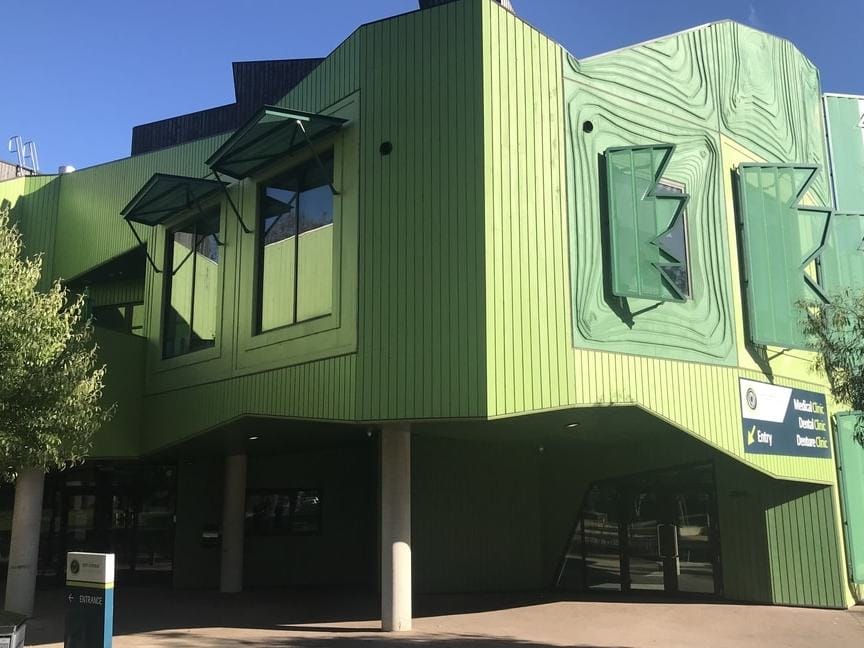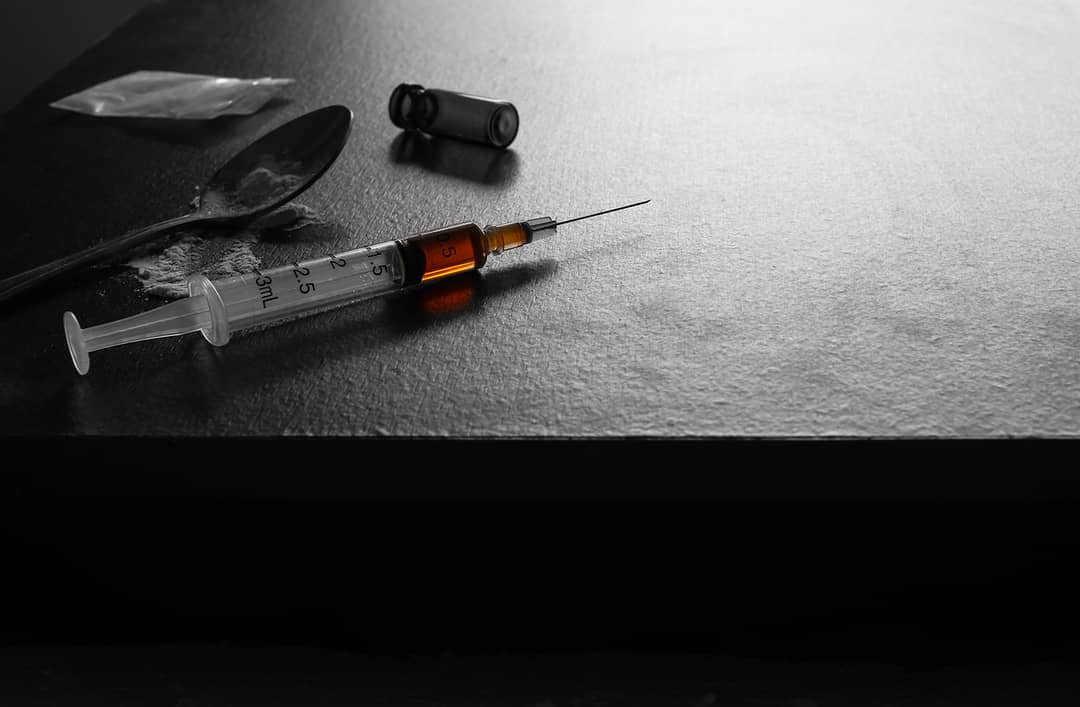
It’s often presumed that centre-left political parties and governments favour a public health-based approach to illicit drug use designed mainly to save lives and reduce harm to individuals and the community, even if it results in an overall increase in drug use (what is called harm reduction).
In contrast, centre-right political counterparts prefer a law enforcement-based approach that prioritises a reduction in drug use irrespective of whether it results in higher levels of mortality for existing drug users (what is called zero tolerance).
Superficially, this distinction seems to be borne out by the Australian debate concerning the introduction of medically supervised injecting rooms (MSIR), which is a major harm reduction initiative intended to save the lives of existing users.
It was a Labor Party government in NSW led by then premier Bob Carr that introduced the only MSIR in that state, based in Kings Cross, despite initial opposition from the conservative parties.
In Victoria, two state Labor governments led respectively by premiers Steve Bracks (in 2000) and Daniel Andrews sought to introduce an MSIR. The Andrews government finally passed legislation for a trial MSIR in late 2017.
Conversely, the Victorian centre-right parties (the Liberal Party and National Party) have consistently opposed an MSIR throughout those two decades, principally on philosophical grounds.
Read more: Supervised injecting facilities work, but is Melbourne ready for a second one?
In the case study that follows, I demonstrate, however, that the Victorian Labor Party’s position on an MSIR has not been linear or consistent, and has in fact veered from support to long-term opposition, and then back to support.
Its perspective has been informed by a number of factors, including harm reduction philosophy and an associated belief in the value of research evidence, a mixture of political expediency and principled politics, and the influence of local community advocacy campaigns.
In the beginning, there was support
The Victorian Labor Party first proposed the introduction of MSIRs in five Melbourne municipalities during the 1999 state election campaign. Its campaign promise was influenced by the large increase in heroin-related deaths in Victoria at that time, rising from 49 in 1991 to 359 in 1999, and projected to increase to nearly 500 by 2005.
On securing government, Labor endorsed a proposal from a drug policy expert committee headed by academic Professor David Penington to introduce an 18-month trial of MSIRs in the municipalities of Melbourne, Yarra, Maribyrnong, Port Phillip and Greater Dandenong.
Speaking in Parliament in support of the proposal, the then premier Steve Bracks argued that MSIRs would be effective in saving lives:
“Overseas evidence is overwhelming. Anyone who has had the opportunity to travel and see some of the facilities and talk to municipal officials, police and other organisations would bear that out…There are 15 supervised injecting facilities in Switzerland, and seven in Frankfurt, Germany. I saw some of the facilities in Switzerland, and to date no deaths have occurred in injecting facilities there. In Frankfurt the number of deaths from overdoses has reduced from 147 in 1991 to 26 in 1997. That is a startling decrease, and on any evidence is a remarkable achievement – an important one for saving lives. In the Frankfurt facilities also, there have been no fatal overdoses to date.”
In a further statement, Bracks reiterated the government’s harm reduction philosophy, emphasising that MSIRs were:
“... all about saving lives. What is happening now is not working in Victoria – we have more than 80 deaths from heroin already this year, and it is escalating … We must do something different.”
In October 2000, following the parliamentary vote to reject the proposed trial, he again insisted that MSIRs were necessary “to reduce deaths, to minimise harm and to restore people’s lives”. As late as March 2001, the government restated its support for MSIRs.
The premier argued that this was a principled, rather than populist position, insisting that the government would continue to support MSIRs even if the proposal cost them electoral support. But the increasingly polarised debate took its toll, as the opposition parties and the Herald Sun newspaper mobilised opposition to any MSIR proposals.
In October 2002, the Labor government formally announced it had dropped the MSIR proposal.
One of the key factors influencing Labor’s policy shift was a sharp decline in the number of heroin-related deaths as a result of a heroin production drought – there were only 11 deaths between January-May 2001, compared to 85 for the corresponding period in 2000.
This decline arguably removed the rationale for radical measures such as an MSIR. But political expediency also played a part. This became evident during the June 2008 byelection in the state seat of Kororoit, when the Labor government employed political scare tactics against the prominent independent candidate Les Twentyman, who was a vocal public advocate of an MSIR.
An ALP election brochure accused Twentyman of seeking to establish an MSIR near local schools, train stations and churches. The brochure read:
“Les Twentyman wants to build heroin injection rooms in your suburb, placing your kids at risk.”
In June 2010, new Labor premier John Brumby reaffirmed the government’s opposition to an MSIR. Further statements both in opposition and again in government from 2011-2016 reaffirmed that position.
However, in October 2017, the Labor government, headed by Daniel Andrews, suddenly announced a plan to establish an MSIR in North Richmond, within the City of Yarra. A pro-MSIR advocate later described this shift from opposition to strong support as a “Damascene conversion”.
Why did the Labor government change its mind?
A number of factors appear to have influenced the government’s policy reversal. Foremost was a renewed rise in heroin-related deaths from 107 in 2012 to 172 in 2015, 190 deaths in 2016, and peaking at 220 deaths in 2017.
The City of Yarra had the highest frequency and average annual rate of heroin-related overdose deaths from 2009-17, including 91 deaths from 2014-18.
A further factor was the recommendation of the inquest by coroner Jacqui Hawkins for creation of an MSIR in North Richmond to reduce the risk of fatal overdoses.

That recommendation explicitly informed the establishment in February 2017 of an inquiry by the Legislative Council into a Pilot Medically Supervised Injecting Centre Bill.
The parliamentary inquiry report, presented in September 2017, reported evidence from Australian (including evaluations of the Kings Cross MSIR), and international research based in Canada and Europe, that MSIRs reduced the rate of drug-related overdoses, moderate risky forms of behaviour such as needle-sharing, and generally enhanced the health of injecting drug users.
An additional factor was the public advocacy campaign conducted by a coalition of organisations and individuals, including the influential Yarra Drug and Health Forum, North Richmond residents led by Judy Ryan from the Residents for Victoria Street Drug Solutions group, the Reason Party’s Fiona Patten, local traders, families of those who had lost close relatives to overdoses, and health and welfare professionals.
That campaign may have persuaded the government that public opinion was now favouring the introduction of an MSIR.
Nevertheless, the principal factor seems to have been political expediency connected to the state Labor Party’s byelection battle with the Greens (who were strong supporters of an MSIR) in the seat of Northcote.
Indeed, the conservative opposition parties (who strongly opposed an MSIR) accused the government of changing its policy solely for political reasons connected to poor polling in the seat of Northcote. This assertion was supported by Herald Sun state political editor Matt Johnston, who argued that there had been dozens of deaths in Richmond for a number of years, but it was only the political threat from the Greens in a number of inner-city seats that persuaded the government to change its mind.
The Age editorial on 31 October, while supportive of the MSIR trial, expressed a similar view. Ironically, the Greens won the by-election anyway.
To be sure, the government justified the policy reversal on principled philosophical, rather than political, grounds.
The minister for planning (and member for Richmond) Richard Wynne stated:
“This isn’t about politics, it’s about lives – the lives of people who are loved.”
Leading the government’s proposed bill in the Legislative Assembly, Wynne presented arguments in favour of an MSIR, including the rising death rate from heroin overdoses, expert evidence, and the pleas from families of drug users to “keep these loved ones alive”.
Similarly, the Premier Daniel Andrews stated:
“There can be no rehabilitation if you are dead.”
Following the announcement of the MSIR trial, the Labor government consistently presented a policy perspective based on harm reduction philosophy. In June 2018, the mental health minister Martin Foley argued that the MSIR would save lives, adding:
“I look forward to speaking to less families who have been subject to the trauma and grief of losing loved ones.”
Following the opening of the service in July 2018, Foley similarly opined in August 2018 that there were “already positive results, with numerous lives saved and many clients seeking advice about treatment for their addiction”.
During the November 2018 election campaign, Premier Daniel Andrews argued:
“That trial is saving lives. To do otherwise means those lives won’t be saved.”
Further statements by Foley reiterated that the trial was intended to “save more Victorian lives at risk of overdose and keep the North Richmond community safe”.
In May 2020, he added that the centre had “safely managed more than 2500 potentially fatal overdoses” and saved lives.
The government’s MSIR review panel report, tabled in June 2020, reported that the trial had been successful in meeting key harm reduction objectives such as preventing overdose deaths, providing a pathway for accessing broader health and welfare support services, and treating blood-borne infections.
The panel also recommended that the government establish a second MSIR within the City of Melbourne. Although a Herald Sun poll suggested that a majority of Victorians (55.9%) opposed the proposed site opposite Flinders Street Station, the government has actively progressed this proposal.
Political considerations regarding possible adverse electoral impact seem to have receded into the background.
In summary, a number of factors alternatively encouraged or dissuaded the Victorian Labor Party from advancing MSIR proposals.
Enabling factors have included high rates of heroin-related overdoses, international research evidence on the effectiveness of MSIRs in preventing deaths and broader community harm, ongoing policy advocacy resulting in a perception of more favourable community attitudes and, increasingly, a principled commitment to harm reduction philosophy.
Barriers have included lower rates of overdoses ,and political populism often generated by sensationalist media reporting.
Ironically, it seems that political expediency at a particular moment in time may have been the key factor in shifting the government’s position from opposition to support.





